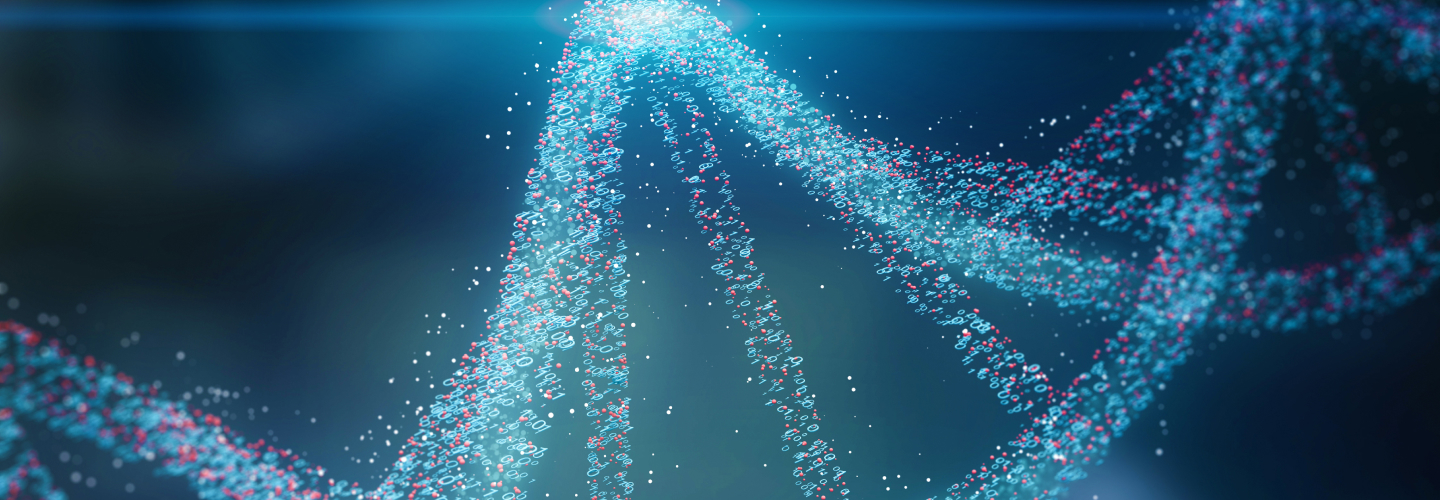Aging is inevitable, and goes along with many changes in cells, tissues, and organs—including DNA damage, mitochondrial dysfunction, and telomere loss. But why we age in the first place and what drives these changes is still unknown. A study published December 15 in Science Advances suggests a possible answer, linking the increased activity of genes lacking long stretches of C and G bases with degeneration and aging. Read more
Related Posts

Maine’s first mobile biolab starts tour of rural schools in Fort Kent
FORT KENT, Maine — Fort Kent middle schoolers are the state’s first students to learn at the newly unveiled Maine Mobile Biolab, a 50-foot,...

UMaine Augusta’s $1.75M medical lab training facility doubles student capacity
Anew medical lab training facility on the campus of University of Maine Augusta is nearly six times larger than an off-campus space...

UNE receives grant to research state-threatened animal
The University of New England has received a grant from the Maine Department of Inland Fisheries and Wildlife to study one...
